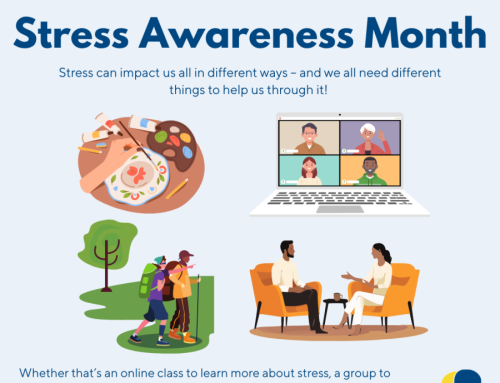Have you ever been told that you eat too loud, or chew with your mouth open, or breath too loud?
If you haven`t then I tell you that it is quite uncomfortable, especially if you like eating nuts like I do.
After being told off for being a noisy eater by my wife I started to realise that her irritation is caused by something more than just stress. This led me to start researching around what could be the underlying cause of my wife`s frustration.
Believe it or not sensitivity to everyday noise is a disorder. The NHS website describes it as Hyperacusis but it also known as Misophonia. The NHS website describes the disorder as follows: “Hyperacusis is the name for intolerance to everyday sounds that causes significant distress and affects a person’s day-to-day activities.
The condition can vary quite a lot. For example, some people find loud noises extremely uncomfortable, some find certain noises particularly annoying, some develop a fear of certain noises, while others experience pain when hearing ordinary sounds.
There is no clear finding about the cause of this disorder but research suggest other problems such as Tinnitus, damage to hearing or brain, migraine and Addison Disease might be contributing factors towards Misophonia.
Some of the common symptoms are:
- feel uncomfortable
- cover their ears or try to get away from the noise
- feel angry, tense, distressed, or anxious
- experience pain – hyperacusis can be very painful for some people
In extreme cases Misophonia could results in isolating self from social activities or even school.
The advice for getting helps includes visiting GP to have a hearing test and fill in a questionnaire to determine the severity of the symptoms.
Unfortunately, there is no specific medication or operation to help individual with this disorder. However, there are measures that could be taken to manage Misophonia in a better way. Amongst the several options to help Misophonic patient manage their symptoms are: CBT, Counselling, Sound therapy, and life style changes including relaxation and listening to calming music.
According to the NHS website recent research suggests patients often feel CBT, counselling and education are the most effective treatments. Some people also found sound therapy helpful, but it wasn’t clear whether it provided any additional benefit. Misophonia could also be a side effect of medication so it is worth reviewing medication with your GP as the first step in seeking support.
Having learnt the above about Misophonia has not helped me or my wife to treat her disorder. However, the very least it has done is to help me to be more sympathetic and supportive towards my wife and those struggling with this discrete but serious problem. As a result I have become a secret nut eater!
I hope we all start to take Misophonia as a serious problem for those suffering from it.
Written by Morteza Hosseini





